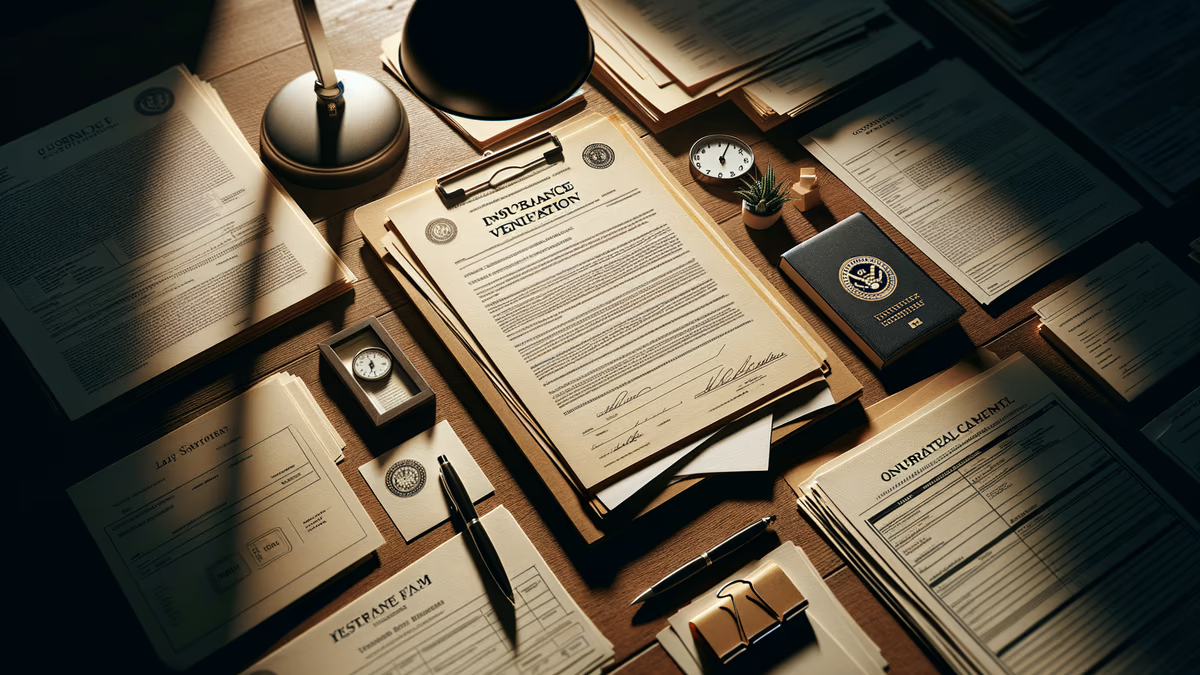Key Takeaway
Court ruling on verification request mailing requirements in NY no-fault insurance claims, establishing that delivery to USPS completes the request process.
Healing Health Prods., Inc. v New York Cent. Mut. Fire Ins. Co., 2014 NY Slip Op 24145 (App. Term 2d Dept. 2014)
In this case, a pro-forma non-receipt affidavit – similar to the one I suspect in E4 Servs., Inc. v Lincoln Gen. Ins. Co.
43 Misc.3d 136(A)(App. Term 1st Dept. 2014) – was sufficient to raise an issue of fact as to whether the verification was mailed. The Court opined on the significance of mailing the verification to the “attorney”
(1) “laintiff submitted an affidavit executed by its owner in which he described plaintiff’s practices and procedures that result in all mail being recorded in plaintiff’s computer system on the date of receipt, as well as being physically filed in the appropriate “patient” file. Plaintiff’s owner stated that he had reviewed the computer file and the physical file for the “patient” at issue, and that plaintiff has no record of having received verification requests for the claims at issue.”
(2) “For the purpose of determining whether a no-fault insurer’s time to pay or deny a claim has been tolled (see Insurance Department Regulations § 65-3.8 ), a request for written verification that the insurer communicates to the applicant by mail is complete upon its delivery to the United States Postal Service (cf. CPLR 2103 ). Thus, contrary to the finding of the Civil Court, the operative question in this case is not whether the requests were received by plaintiff, but whether defendant mailed them.”
(3) “Defendant correctly asserts that plaintiff did not make a prima facie showing that its attorney had not received the carbon copies of the verification requests that allegedly had been sent to counsel’s office. However, contrary to defendant’s argument, receipt of such letters did not give rise to a duty on the part of plaintiff’s counsel to forward these requests to plaintiff since, on their face, they purport to duplicate letters simultaneously sent to plaintiff (but cf. New York Hosp. Med. Ctr. of Queens v State Farm Mut. Auto. Ins. Co., 293 AD2d 588, 590-591 ; Great Wall Acupuncture, P.C. v New York Cent. Mut. Fire Ins. Co., 22 Misc 3d 136, 2009 NY Slip Op 50294 ).”
A statement of non-receipt brings forth a triable issue of fact. As to the “attorney argument”, the Court cites to NY Hosp., which states there should be communication between the provider and the attorney and to Great Wall where the Court went to great pains to state that counsel explicitly stated that (s)he represented EIP for purposes pf an EUO. I do not necessarily see the distinction here; I also question why the rule in marte-rosario which states that service of a letter on an attorney is sufficient to to impute knowledge to the EIP is not followed here. This panel makes up rules as it goes along.
Related Articles
- Understanding verification request mailing procedures in New York no-fault insurance claims
- When technical verification requirements override common sense in no-fault insurance
- The 150-day verification rule and timing requirements
- How equitable considerations affect no-fault verification disputes
- New York No-Fault Insurance Law practice area
Legal Update (February 2026): Since this 2014 post, Insurance Department Regulation § 65-3.8 governing verification procedures and tolling provisions may have been amended, and CPLR 2103 service requirements could have been modified. Additionally, subsequent appellate decisions may have further refined the standards for non-receipt affidavits and verification mailing procedures. Practitioners should verify current regulatory provisions and recent case law developments.

